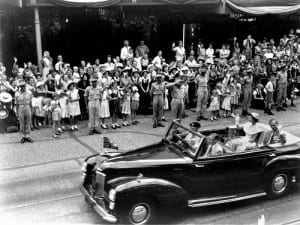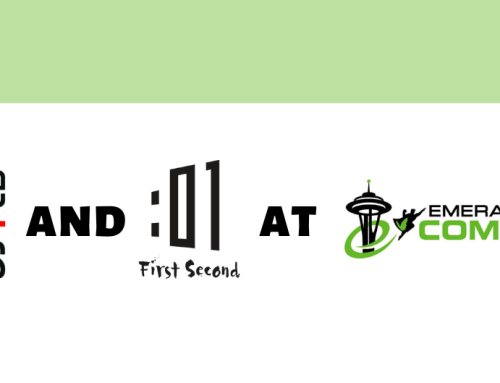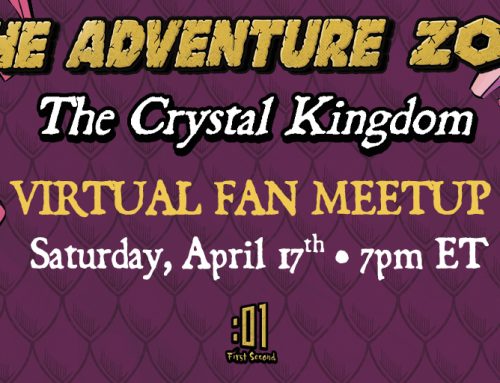test heading
(ganked from the State Library of Queensland, Australia)
So, you’re thinking about going on a book tour to celebrate the release of your next book. How exciting!
I think that book tours are invaluable for authors; they help establish personal relationships with readers, (and, very importantly) teachers and librarians and media and booksellers all around the country that the author wouldn’t necessarily otherwise have access to. It’s an opportunity for authors to make friends in the industry who will support their whole careers.
But what goes into making a book tour work? Will people line the streets for you like they did for Queen Elizabeth in the above photo? (Answer: probably not.)
Here are some things to think about when you’re contemplating going on the road.
- GOAL
So, you’re going on tour! You’ve got your car, your bags — you’re all set, right? Actually, before you get to this point, you should sit down and think about what you’re doing; you should have a goal. What are you trying to accomplish in going on tour? Are you trying to get your book adopted into libraries? Maybe a better bet for you would be attending and participating in the programming at your state library conference, or ALA’s annual conference. Are you trying to meet ALL THE READERS IN THE WORLD? If you’re a first time-author, maybe your time would be better spent doing a really extensive blog tour, and reaching out to places online that could review your book — developing the audience who would come out to events on a tour for your next books.
When you’re thinking about a goal, the thing to remember is that you should be as specific as possible. There is an exception here for you if you’re Scott McCloud, who can basically go out into the world and be like, ‘readers will come to me wherever I go, la la la.’ However, if you are not Scott McCloud (or someone of similar stature) having a specific goal is important. When we were thinking about the marketing for Feynman, the reason we added a tour to the list was specifically to reach college students and professors in the field of science, an audience that First Second doesn’t automatically attract. When we put together a tour for The Silence of Our Friends, the goal was to have these authors with a very strong base in the comics industry gestalt into the book industry, combined with the fact that the book has a very location-based appeal.
Knowing what your goals are helps you: figure out where you should be going; figure out what kind of events that you should be doing (readings, workshops, art exhibits?); figure out who your target audience is (kids, adults, writers?). And also importantly: it helps you come out of the end of your tour with a rubric for measuring your success. (‘Did I meet college students and professors in the field of science?’ YES! Okay, then we’re good.)
- LOGISTICS
Your tour now has a goal. Go you! You’ve figured out whether you’re traveling to three states to do school visits for teenagers; or that you’re hitting literary circles in the five most literary cities in the US; or that you’re doing a series of workshops with several colleges around your state.
What comes next is a whole lot of work. Please keep in mind that it’s best to know exactly what’s going on with all your events before you embark on your continent-spanning journey; this involves not only directions on how to get everywhere, but planning out (with the store or college or event venue) what time, what audience they/you are expecting, how many people, what demographics of people, what sort of presentation you should give, how long it should take, if they have AV equipment you can use, getting them books to sell, getting them materials about you and your book, + emergency contact information for everyone in case there are things that go terribly wrong. In a lot of cases (if you’re working with colleges, or with a workshop series, or school events), there may be four or five people you have to be in touch with to get the logistics straightened out for your particular event; in some cases, there may be four or five people you have to be in touch with just to figure out who the person is to talk to about doing an event. And then when that’s all in place, you have to find hotels and flights and make sure they don’t overlap with anything else. Also! You should research all the city-specific media there is and send them information about how you’re awesome and about the events you’re doing.
(If you have a publisher, they can be very helpful here — they may be like, ‘dear author, I’m not touching the tour that you’re sending yourself on with a ten-foot pole’, but they may have contact information for more people than you do, and they generally are willing to pass that along so you can set stuff up yourself. Depending on your publisher, they may also be like, ‘dear author, I shall set up your tour for you.’ This is much rarer.)
The thing to realize about the logistics part of things is, it’s complicated and annoying and there are a lot of moving pieces, especially if you’re organizing multiple events in multiple cities that all have to fit together perfectly. Unless you’re a devout participator in Things Organized Neatly, this probably isn’t going to be your cup of tea, but nonetheless, you still have to get through it to actually have your tour. (Good news! You can hire someone to do this. Bad news — hiring people costs money.)
- EVENT
Your tour is set up! You know what you’re doing when, where you’re going, and you won’t become lost in the woods even once. Go you!
Now what you need to do is put together the best event that you can possibly do, an event that you won’t mind doing over and over again in several cities. Don’t slack on this part! Because really, what’s the point of doing all that work if you’re not going to pull out a presentation that’s going to wow your audience at each location where you go? I should note that this may be difficult — I have seen events with musical accompaniment, with on-site cooking, with back-flips, and with Daniel Handler. It’s going to be hard for you to top any of those, but that doesn’t mean you shouldn’t try. (Pro tip: practice on your friends/family before you go to make sure that your event plan works in places other than inside your head.)
Also don’t forget your presentation (or any of the materials that go with it, like the laptop connecting cables) at home. Then you’ll be sad.
- FOLLOW-THROUGH
You know what everyone likes? Thank-you cards. You should send one — to everyone who helped you plan or execute your tour. Then you should put them all on a personal e-mail list and remember to send them information when your next book is out. Who knows; maybe they’ll want you back! Maybe you can do all this work yet again when your next book is in stores!
This is a pretty short bullet, because it’s pretty self-explanatory, but it’s actually one of the most important things on this list — and one of the most frequently forgotten. When you finish a two-week tour, most authors want to go to sleep and possibly never see people again, but take a look again at your stated goals. If one of them was, ‘meet people who will help support your authorial career,’ probably a good thing to do is to keep in touch, right?
- HAVE FUN!
Actually very important! What’s the point of traveling around the US meeting new and exciting people if you don’t have fun while doing it?
(If this all sounds like the most horrible torture possible, please reconsider having a book tour.)
Happy touring!





